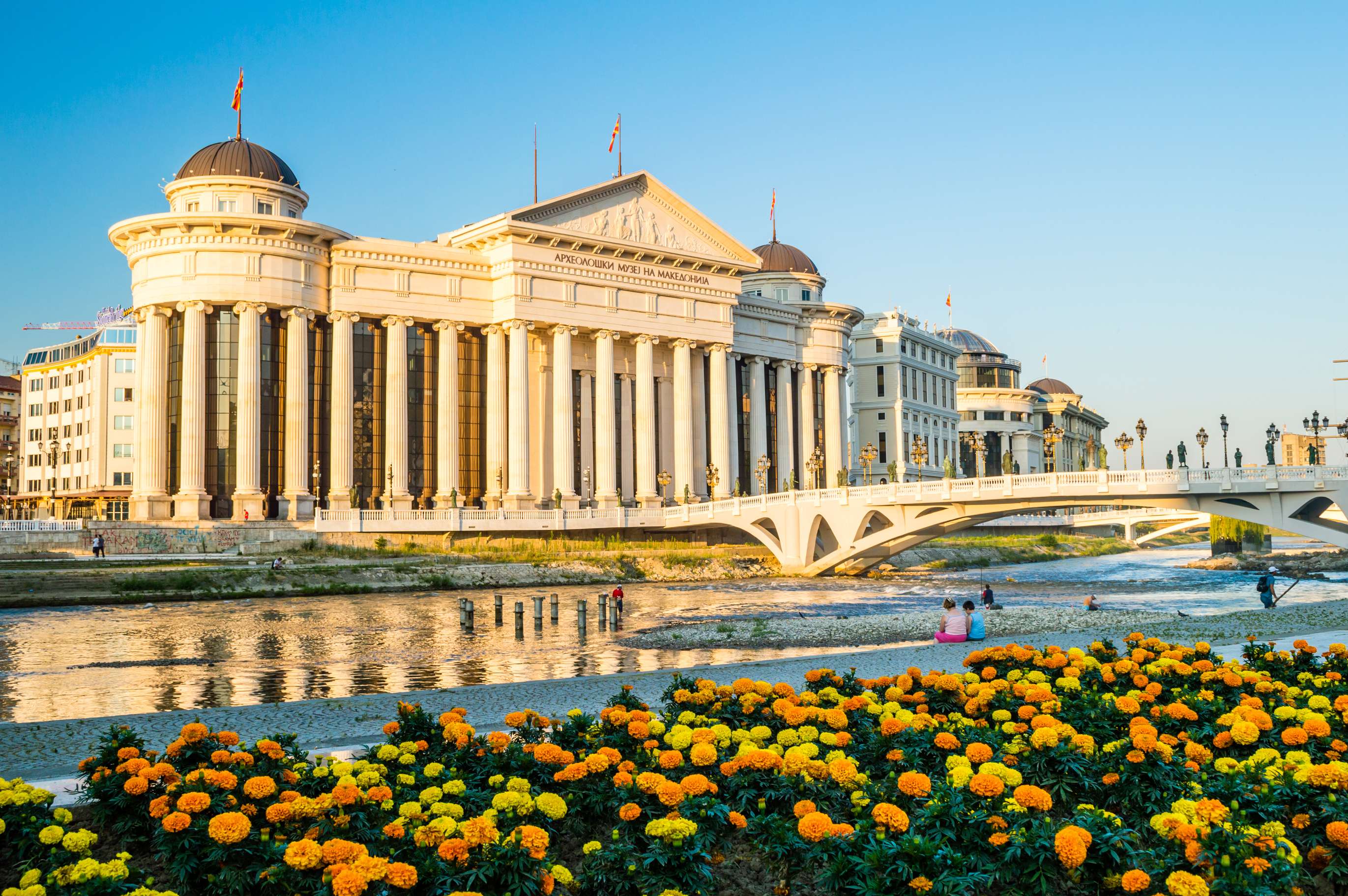
Macedonia
HLB Macedonia
Based in Skopje, the country’s capital city, HLB Macedonia has ranked among the region’s leading consultancy firms for over 25 years.
One of the Balkans’ most forward-thinking and dynamic consultancy firms, HLB Macedonia are passionate about our customers and proud of our history of innovation. Our goal is always the same – to help clients develop their businesses and simplify their financial administration as much as possible.
HLB Macedonia offer a full range of advisory services: from accounting, reporting, auditing and preparation of financial statements, to advice on growth, consolidation and sales.
Our dedicated auditing team audit financial statements in accordance with the International Standards on Auditing, and all local regulations and rules. In addition, we can provide clients with tax services, accounting services, limited audit review of financial statements and preparation of investment and business programs.
HLB Macedonia’s world-class accountants assist clients with their bookkeeping, payroll systems, invoicing and financial reporting. In addition to quality control processes and training, our professional services team can advise clients on risk management and provide technical guidance. In all of its activities HLB Macedonia applies the framework for business risk management, which includes risk assessment and control review.
Our auditors provide foreign investors with continuous reporting on each change in the industry in which the client operates and the relevant legislation – ensuring that our clients always remain up-to-date with developments in their fields.

Location
Meet our people
Our Expertise
Accounting
Financial statements
Reporting
Advisory
Audit
Featured insights
Latest insights, case studies and news from across the network












